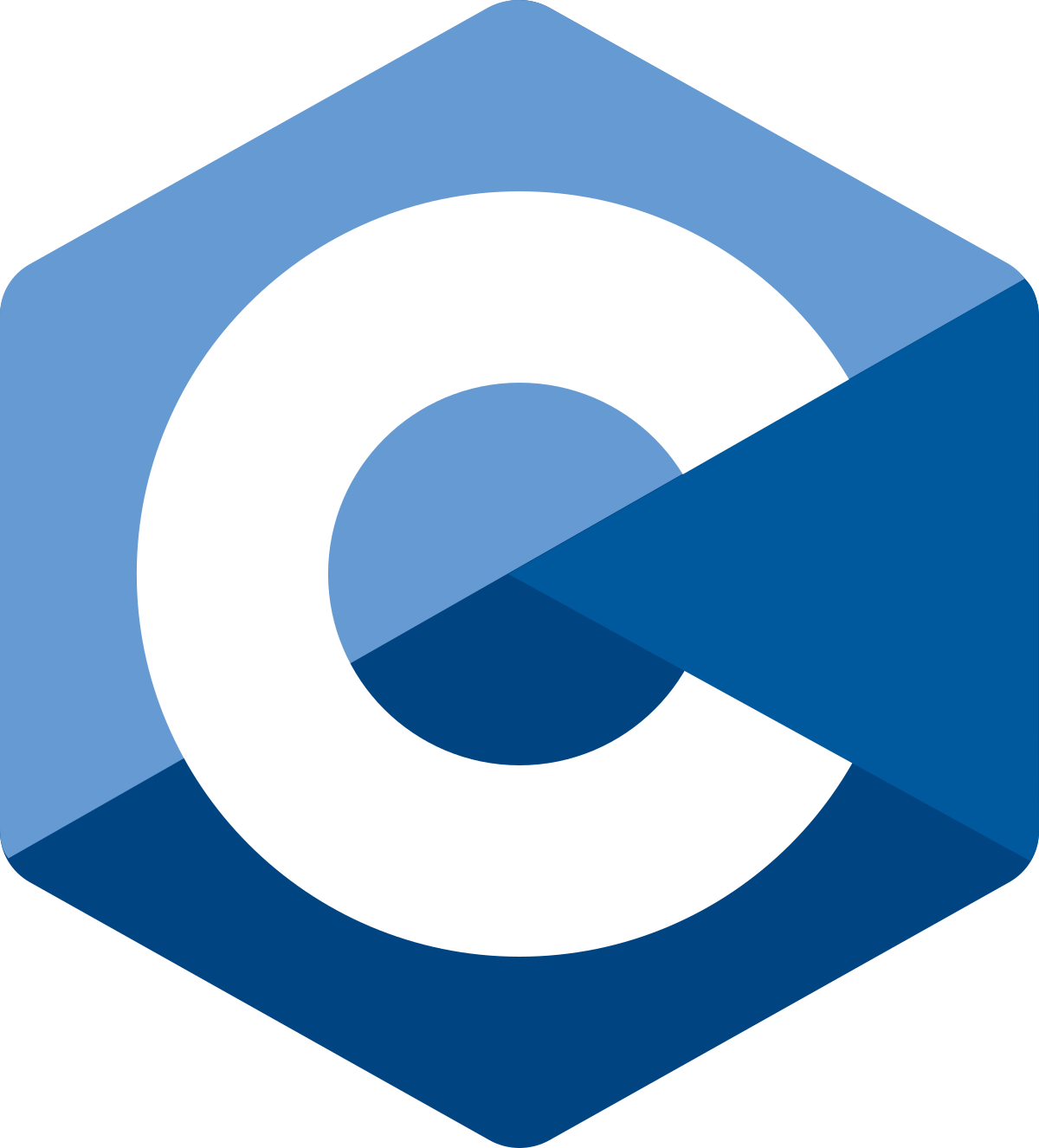C Language Training | Future Way
Overview
C is a powerful and efficient language that provides low-level access to computer memory and system resources, making it ideal for systems programming and other applications that require direct hardware manipulation. It is also a popular language for developing application software, particularly in the areas of scientific computing, engineering, and finance.
In terms of popularity and usage, C remains one of the most widely used programming languages in the world, and is a critical component of many modern software systems and applications.
WHAT YOU WILL LEARN FROM THIS COURSE:
- Introduction to C: You will learn about the history of the C language, its importance in the computing world, and the basic structure of a C program.
- Data types and variables: You will learn about the different data types in C, including integers, floating-point numbers, characters, and strings, and how to declare and use variables.
- Control flow: You will learn how to use conditional statements (if-else statements), loops (for, while, do-while), and switch statements to control the flow of your program.
- Functions: You will learn about the basics of functions in C, including function declaration and definition, parameter passing, and return types.
- Arrays and pointers: You will learn how to declare and use arrays and pointers in C, including multi-dimensional arrays and pointer arithmetic.
- Strings: You will learn about C-style strings and how to manipulate them using standard library functions.
- Structures and unions: You will learn how to define and use structures and unions in C, including nested structures and bit fields.
- File I/O: You will learn how to read from and write to files in C, including text and binary files.
- Dynamic memory allocation: You will learn how to use dynamic memory allocation functions (malloc, calloc, realloc, free) to allocate and deallocate memory dynamically.
- Advanced topics: Depending on the course, you may also learn about advanced topics in C, such as function pointers, recursion, preprocessor directives, and bitwise operations.
-
What is C?
-
Fundamentals of a C Program?
-
Installing the C Compiler
-
A first program – Hello world
-
Arguments and return values
-
Passing command line arguments to your program
-
printf
-
Comments
-
Basic Data Types
-
Variables and types
-
Local and Global Variables
-
Integers and floating point numbers
-
Constants
-
Naming conventions
-
Operators – equality and assignment
-
Operators – tests and comparisons
-
Compound assignment operators
-
Increment and decrement operators
-
if and else tests
-
Problems with gets() and fgets()
-
Input, buffers and flushing
-
Logical Operators
-
Functions
-
Arguments and Parameters
-
Switch statements
-
Arrays
-
Initializing arrays
-
‘while’ loops
-
‘do..while’ loops
-
break and continue
-
Multidimensional arrays
-
Strings, pointers and addresses
-
Null-terminated strings
-
Char arrays and pointers
-
Arrays, pointers and assignment
-
Strings and functions, stack and heap
-
String functions
-
char functions
-
structs
-
typeof
-
Enums
-
Header files
-
A custom header file
-
Scope and external files
-
Static functions and variables
-
Opening and closing files
-
File modes
-
Reading and writing a text file
-
Counting lines in a text file
-
Search in a text file
Certification
At the end of the C training course, you will get a C Certification from us which will be very helpful for you in your future.







